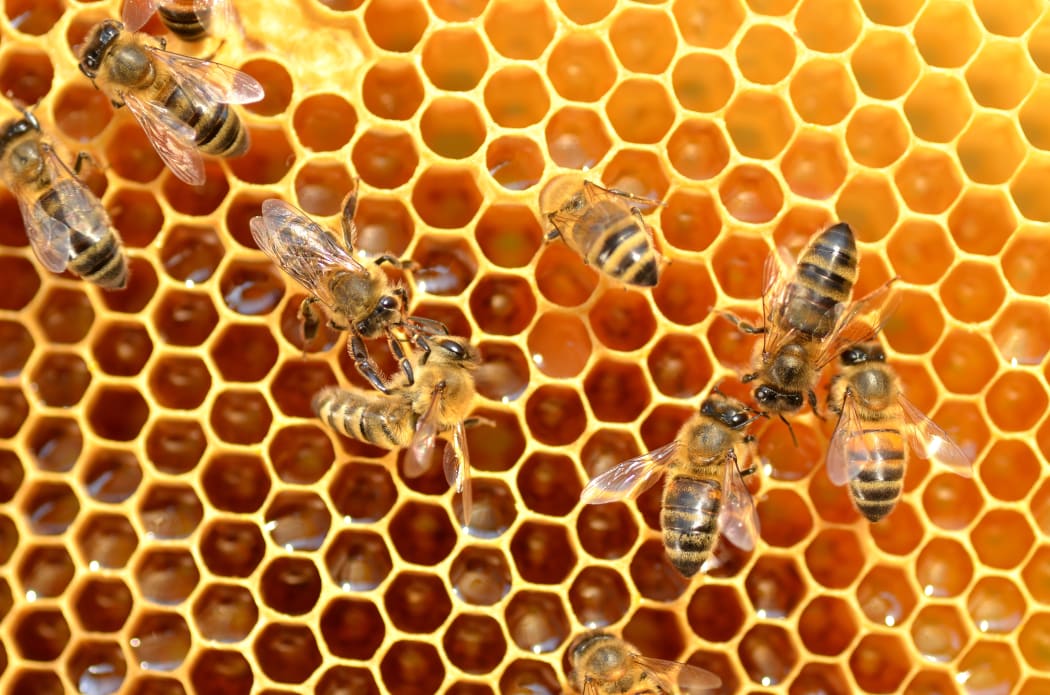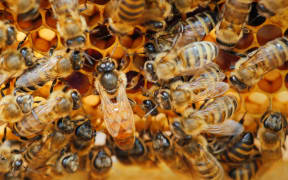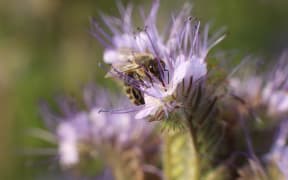Bee colony deaths in Aotearoa have risen for the seventh year in a row, with a new reporting estimating nearly 14 percent of the country's beehives were lost over the 2021 winter.

File photo: Beehive Photo: 123RF
MPI has commissioned Manaaki Whenua-Landcare Research to conduct a colony loss survey annually since 2015, to help it monitor losses over time and support work to improve bee health.
The 2021 winter survey, which involved nearly half of New Zealand's beekeepers, found the overall loss rate to be 13.6 percent, or approximately 109,800 colonies, up 2.3 percent on 2020 levels.
The most commonly reported reasons were suspected varroa mite infestation and related complications, followed by problems with queen bees, wasp and suspected starvation. This was the first time in the survey's history the varroa mite had been most frequently attributed to colony losses, with queen problems previously being considered the leading cause.
MPI senior scientist Richard Hall said most beekeepers reported that their current varroa treatments were effective, but that they lost colonies if they got the timing of the treatment wrong, under-dosed or picked up varroa from reinvasion from other colonies.
However this year's survey also found not all beekeepers had treated for varroa, he said.
Survey prompts roll out of educational campaign, new research.
As a result of the survey findings, MPI had begun a collaborative education campaign with the beekeeping industry, to raise awareness on how to tackle varroa mites and other biosecurity threats.
While commercial beekeeper numbers in New Zealand have been dropping, there had been growth in the number of small beekeeping operations and hobbyists. Richard Hall said it was essential those new to the industry were equipped with the best information.
MPI had also funded a new research project to better understand how varroa treatments are used in New Zealand and where gaps in knowledge may be. This research would begin later this year, Dr Hill said.
"This two-pronged work will help them know what biosecurity risks to look out for and how to manage them."




